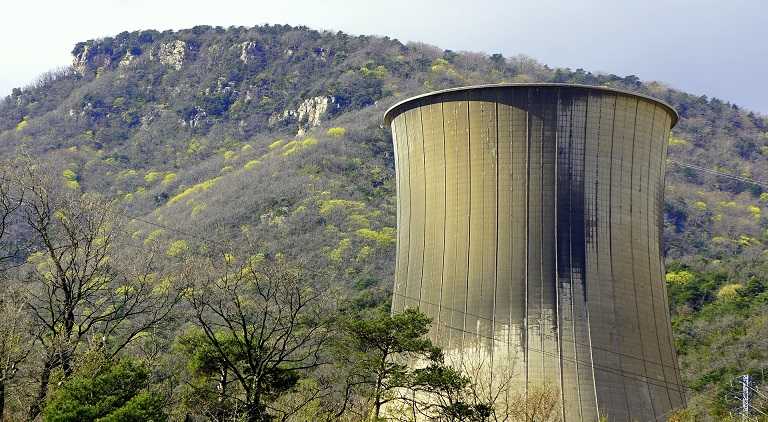Latest amendment in emission norms is a license to pollute; says CSE
By EPR Magazine Editorial April 12, 2021 6:46 pm IST
By EPR Magazine Editorial April 12, 2021 6:46 pm IST

The amended notification favours operation of old inefficient coal power stations, which can continue to run on paying a penalty which can compromise India’s climate change goals.
Centre for Science and Environment (CSE) has strongly criticised the Union Ministry of Environment, Forest and Climate Change’s (MoEF&CC) latest amendment to 2015 notification on stringent emission norms for India’s coal-based thermal power sector – the new amendment, says CSE, “will give these already polluting thermal power plants (TPPs) a license to pollute indefinitely”.
Norms to limit pollutants from TPPs were announced in 2015, and were expected to be adopted by 2017. But the industry managed to delay implementation to 2022. It is 2021 now: with just a few months to go before the deadline, a mere one-third of the plants have taken any serious steps to comply with the norms.
Says Sunita Narain, director general, CSE: “Instead of working to ensure implementation, the ministry has chosen to extend the deadline further, allowing a majority of the plants to pollute for another three to four years. However, extension is not the only matter to be worried about. What makes this a fatally flawed notification is that the deterrence provided in it for non-compliance actually gives the polluters a license to pollute.”
The Amendment:
TPPs are put in three categories – Category A includes TPPs in a 10-km radius of NCR or cities having a million-plus population as per the 2011 census; Category B includes TPPs in a 10-km radius of critically polluted areas and non-attainment cities; and the rest of the TPPs are in Category C. TPPs in Category A have to meet the deadline by 2022, those in Category B by 2023, and in Category C by 2024.
Old power stations are exempted from installing pollution control systems by submitting an undertaking to retire. Ideally, old plants in Category A are asked to retire by 2022 and the rest by 2025. Defaulting the deadlines attracts a penalty.
But what makes the notification so flawed is the fact that it provides a penalty amount, which is much lower than what it would cost to install the pollution control equipment. CSE’s analysis shows that while installing the equipment for pollution control would cost between 40-100 lakh/MW, the penalty that thermal power plants would have to pay to keep running without installing this equipment is roughly Rs 5-11 lakh/MW – this makes a complete mockery of the effort to control pollution.
CSE’s detailed analysis of the amendment reveals:The deadline for 2022 for coal-based thermal power plants to meet the new standard was fixed by the Supreme Court. taking into account the limitations of thermal power plants and also their environmental and health impacts. The notification has not just extended the Supreme Court mandated deadlines but has completed undermined the effort to clean up this sector and to secure the right to clean air. Coal TPPs are responsible for over 60 percent of total industrial emissions of particulate matter; 45 percent of SO2; 30 percent of NOx; and more than 80 percent of mercury emissions in the country.
To Read More: See CSE’s factsheet and briefing paper on the subject here: https://www.cseindia.org/TPP-Notification.pdf
We use cookies to personalize your experience. By continuing to visit this website you agree to our Terms & Conditions, Privacy Policy and Cookie Policy.